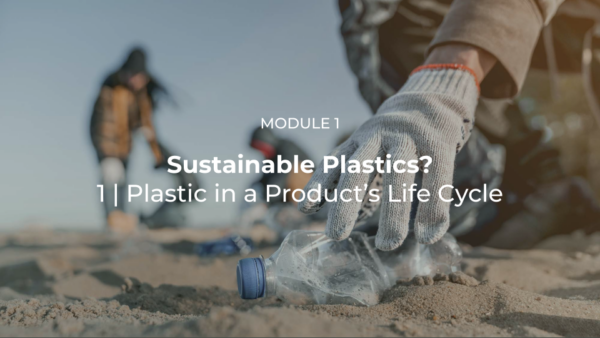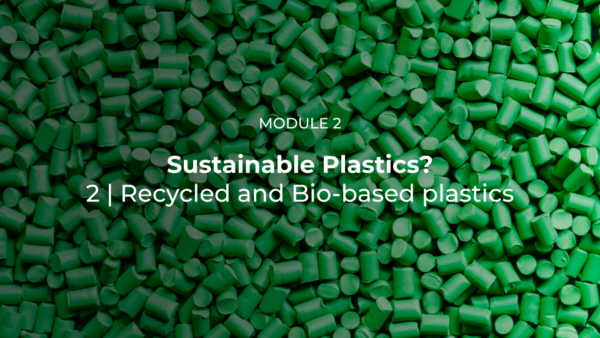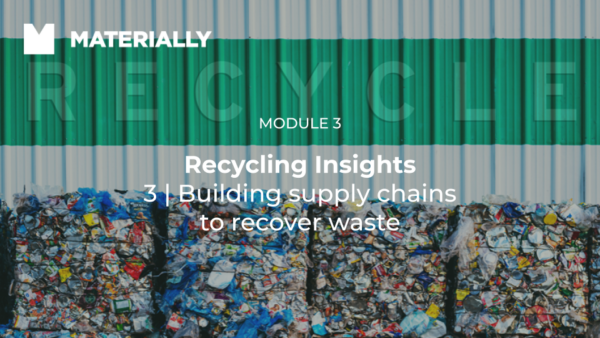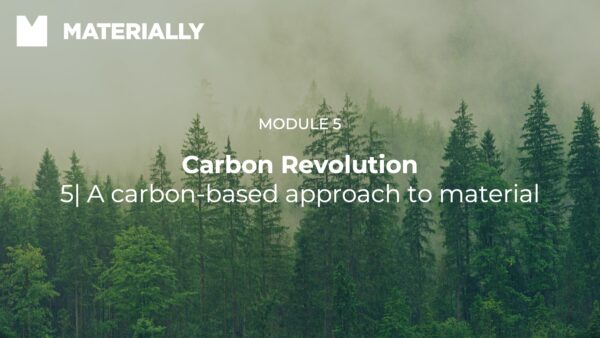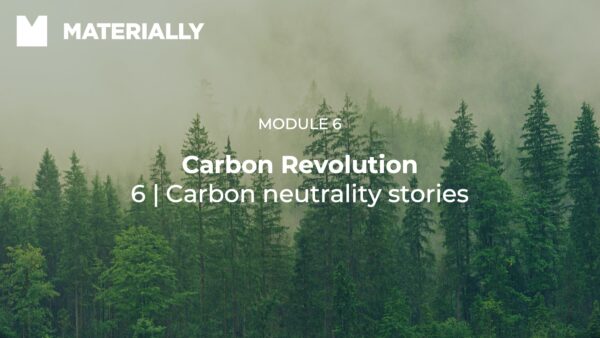New Paths for Materials in the Circular Economy
€150.00
The course addresses relevant material-related topics for the ecological transition: from decarbonization, to plastic controversies, to recycling supply chains.
Language: English
Modules: 6
Duration: 8 hours
Recommended to: The course is addressed to sustainability managers, design, R&D, marketing and CSR departments, and professionals interested in exploring the topic of sustainability and the circular economy from the point of view of materials and processes.
Delivery mode: After the purchase, you will receive the report in PDF format. The report is strictly personal and non-transferable to third parties.
Description
From decarbonisation, to controversies over plastic, to recycling supply chains, a new path in six “pills” to explore the most relevant themes around materials in the circular economy.
How do materials intervene in decarbonization strategies? Is plastic really evil? What happens to materials at their end-of-life? How do existing recycling infrastructures work and which ones are under development?
To answer these and other questions, Materially proposes a new 8-hour training course, in which we will address the most urgent issues that emerge in the phases of setting up and implementing circularity strategies starting from materials.
Training Programme Content
Sustainable Plastic?
A reasoning on plastic materials starting from objective evaluations, without demonizing this family of materials but discussing the pros and cons in the different applications. With examples of materials that tell how the plastic industry is responding to the new challenges of sustainability.
1) Plastic in a Product’s Life Cycle
2) Recycled and Bio-based plastics
Recycling Insights
An in-depth look at existing supply chains and development prospects in material recycling. With a look that goes beyond the classic packaging supply chains, the modules offer insights into lesser-known sectors, also through examples of solutions, opportunities and technologies.
3) How recycling really works
4) Building new supply chains to recover waste
Carbon Revolution
The modules addresses the topic of sustainability of materials in terms of carbon footprint: from the basic terminology, to the methods of evaluation and measurement, up to examples of materials and processes that adopt this approach.
5) A carbon-based approach to materials
6) Carbon neutrality stories


